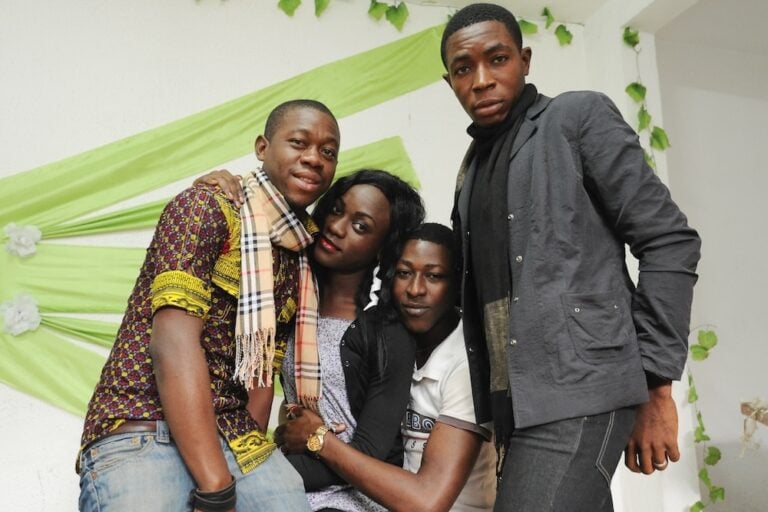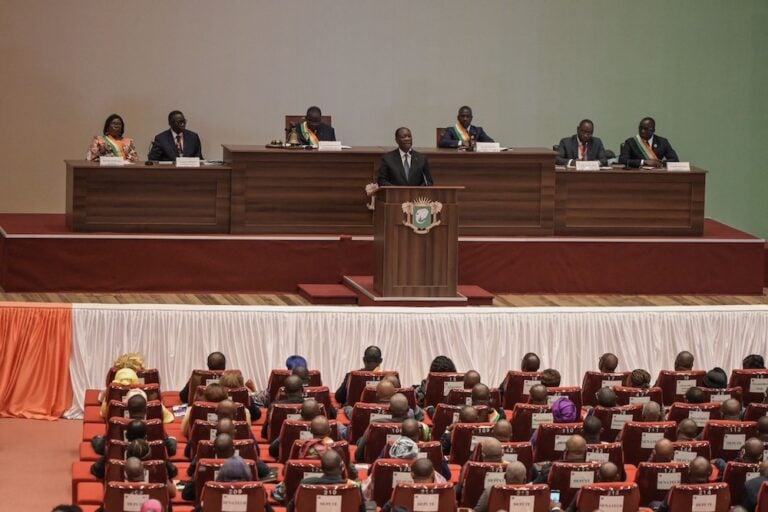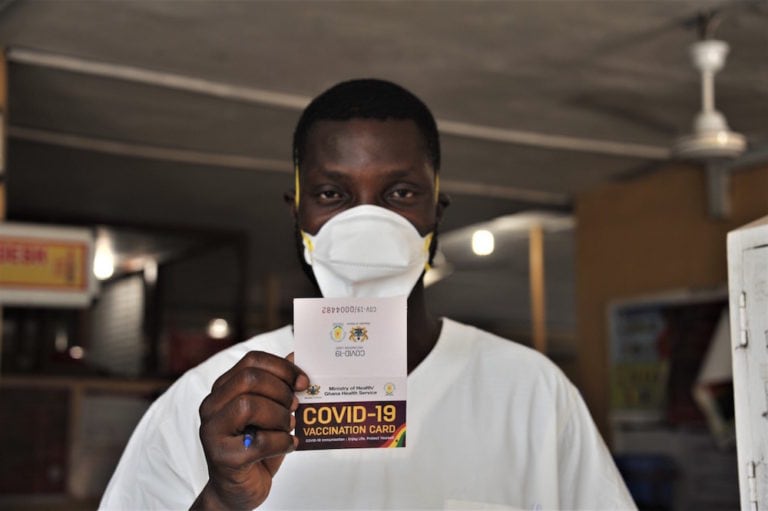(CPJ/IFEX) – The following is a 25 September 2002 CPJ press release: CPJ CONCERNED ABOUT JOURNALISTS’ SAFETY IN THE IVORY COAST Government restricts foreign broadcasts to fight terrorists New York, September 25, 2002-The Committee to Protect Journalists (CPJ) is gravely concerned about the safety of journalists covering the ongoing military crisis in the Ivory Coast. […]
(CPJ/IFEX) – The following is a 25 September 2002 CPJ press release:
CPJ CONCERNED ABOUT JOURNALISTS’ SAFETY IN THE IVORY COAST
Government restricts foreign broadcasts to fight terrorists
New York, September 25, 2002-The Committee to Protect Journalists (CPJ) is gravely concerned about the safety of journalists covering the ongoing military crisis in the Ivory Coast.
According to several sources in the capital, Abidjan, at least one local journalist was badly beaten by troops loyal to the government of President Laurent Gbagbo, who have been fighting mutinous soldiers variously described as rebels, foreign mercenaries, and “terrorists” by the state media.
On September 21, supporters of the ruling Ivorian Popular Front (FPI) attacked and severely injured Mamadou Keita, a reporter for the opposition daily Le Patriote, said sources in Abidjan. Keita, who was covering an FPI rally, was later admitted to a hospital with wounds on his head and back. His colleagues at Le Patriote said his condition is improving.
The Concord Times, a daily based in Freetown, Sierra Leone, has also voiced concerns about the safety of its sports reporter, Mohamed Fajah Barrie, who is trapped along with the rest of the city, in Bouake, where he was covering a soccer tournament. Bouake is one of two towns controlled by the rebels.
Meanwhile, four publications in the Ivory Coast that are known for their brash anti-government line-Le Patriote, Tassouman, Le Liberal, and 24 Heures-have temporarily suspended operations for fear of being attacked by government supporters, who have raided and burned down a number of newspaper kiosks in Abidjan, according to the BBC.
Nearly 270 people have been killed and at least 300 have been wounded in a week of fighting centered mostly in the northern part of the country, said government sources.
Foreign broadcasts jammed
Since September 22, Ivorian authorities have also been jamming the broadcast signals of local FM stations that relay programs from the BBC, Radio France Internationale (RFI), and the pan-African station Africa No 1. On September 23, the head of the official National Audiovisual Committee, Jerome Diegou-Bailly, explained that “in a state of war, one must manage the information in order not to spread death and disruption among the population.”
Independent journalists in the Ivory Coast, however, have expressed skepticism at the government’s motives for banning the three foreign broadcasters. Some point to comments from the government and the ruling-party press that have accused foreign news outlets of working to destabilize the country.
A September 22 editorial in the FPI daily, Notre Voie, called the BBC, RFI, and Agence France-Presse “the other adversaries of the Ivory Coast,” a formerly stable nation that has been beset with political unrest since late 1999, when the army seized control in the country’s first ever coup.
Meanwhile, France, the United Kingdom, and the United States have all sent troops to the country with a mandate to protect Westerners and, if needed, to coordinate their evacuation.
CPJ is a New York-based, independent, nonprofit organization that works to safeguard press freedom worldwide. For more information about press conditions in the Ivory Coast, visit www.cpj.org.


